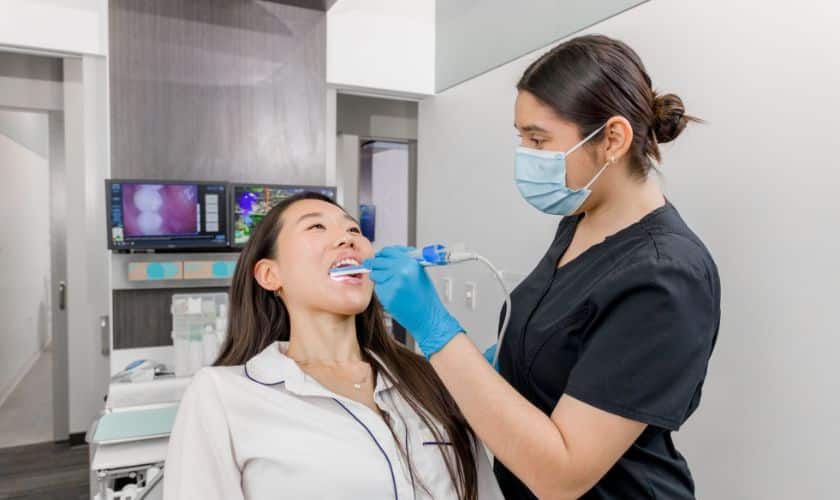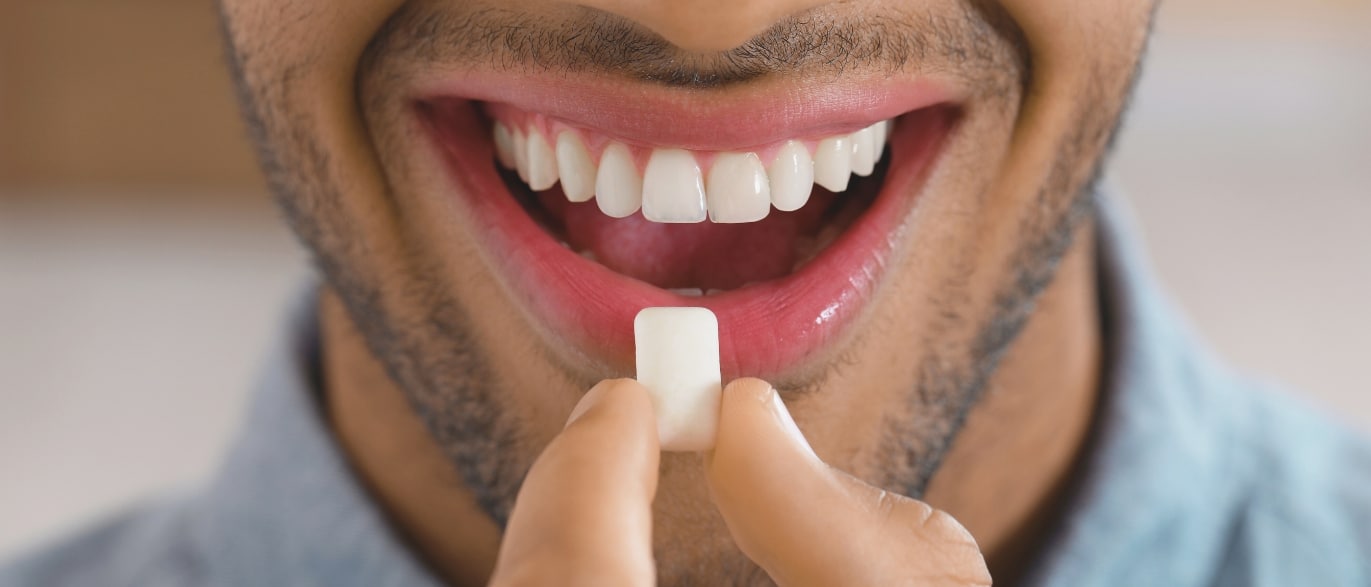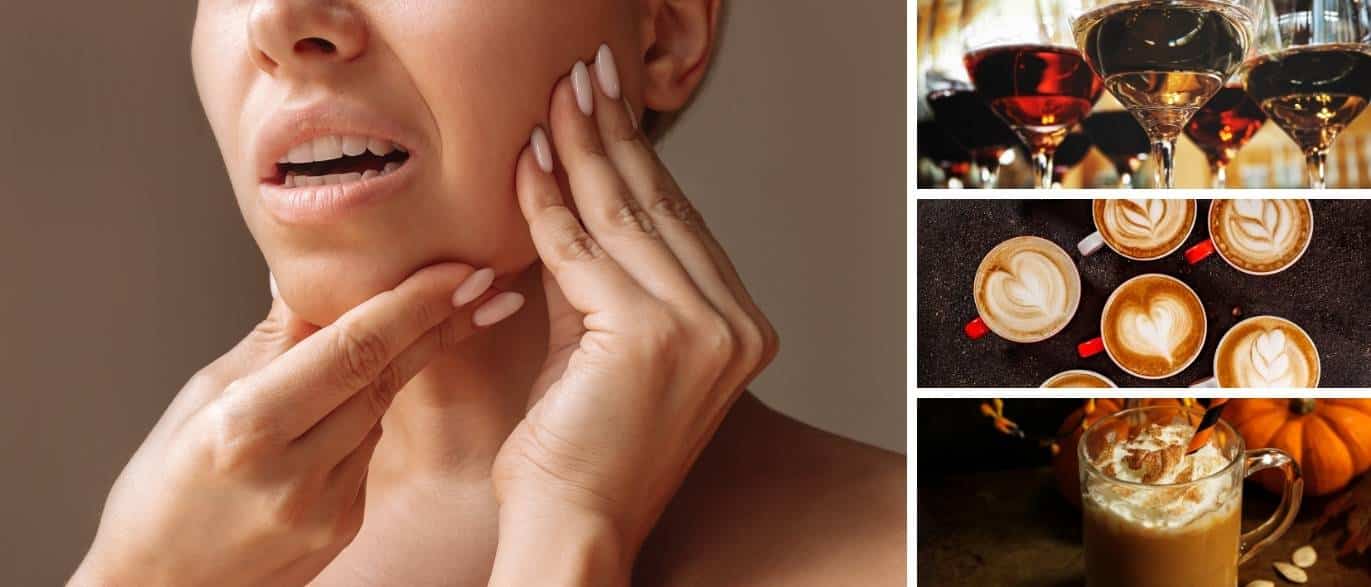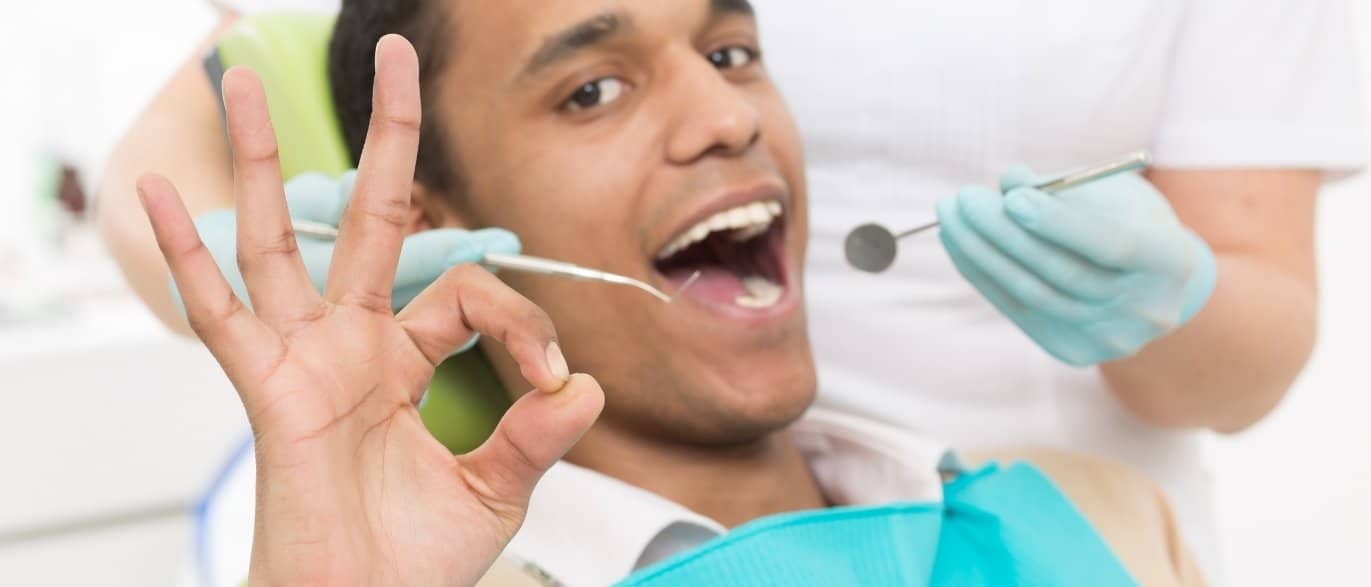Pearl Dental Blog

What Happens To Your Teeth When You Drink Cold Water?
The Temperature Shock
When you sip cold water, your teeth experience what can be described as a temperature shock. The sudden change from your body’s natural temperature to the coldness of the water can cause your teeth to contract. This temporary contraction can affect the dental materials in your mouth, particularly if there are pre-existing issues.
Enamel Erosion:
The outer layer of your teeth, known as enamel, is a protective shield against various external factors. However, it is not invincible. The temperature contrast from hot to cold can contribute to enamel erosion. Over time, frequent exposure to extreme temperatures might wear down the enamel, making your teeth susceptible to decay and sensitivity.
Dental Sensitivity:
If you’ve ever cringed at the sharp pain when consuming something hot or cold, you’re familiar with dental sensitivity. Cold water can exacerbate this sensitivity, especially if your enamel is compromised. In response to temperature changes, the contraction and expansion of the dentin, the layer beneath the enamel, can trigger discomfort. It’s a reminder that even the simplest act of enjoying a cold drink can reveal underlying dental health issues.
The Hydration Factor
Despite these potential drawbacks, it’s crucial to recognize that staying hydrated is paramount for overall health, including oral health. Water is indispensable for saliva production, which plays a vital role in neutralizing acids, remineralizing teeth, and maintaining a healthy oral environment.
Saliva’s Protective Role:
Saliva acts as a natural defence mechanism for your teeth. It helps rinse away food particles, bacteria, and acids that can contribute to decay. Drinking water, especially cold water, stimulates saliva production, aiding in the cleansing process. Proper hydration is, therefore, a balancing act between the potential impact of cold water on your teeth and the essential benefits of staying well-hydrated.
Mitigating The Impact
While it’s unrealistic to avoid consuming cold water completely, there are measures you can take to minimize its impact on your teeth.
Moderation Is Key:
Like many things in life, moderation is crucial. While the occasional indulgence in an icy beverage is unlikely to cause significant harm, constant exposure to extreme temperatures can contribute to dental issues. Balance your cold water intake with beverages at moderate temperatures.
Use A Straw:
Drinking through a straw can divert the cold water away from your teeth, reducing direct exposure. This simple habit can be particularly helpful if you’re prone to dental sensitivity.
Maintain Good Oral Hygiene:
A robust oral hygiene routine is your first defence against dental issues. Brushing twice a day with fluoride toothpaste, flossing regularly, and visiting your dentist for routine check-ups can go a long way in preserving your dental health.
In the pursuit of the perfect sip, it’s essential to consider the impact of cold water on your teeth. From the momentary thrill of refreshment to the potential risks of enamel erosion and sensitivity, understanding this interplay allows you to make informed choices for your oral health. While the icy allure of cold water is undeniable, moderation and mindful oral care can help you strike a balance between quenching your thirst and safeguarding your pearly whites. So, the next time you reach for that chilled bottle, remember the intricate ballet within your mouth and drink with awareness.





